I. Introduction
A. Brief overview of Geodon (Ziprasidone) B. Purpose of the article
II. What is Geodon?
A. Definition of Geodon B. How Geodon works C. Uses of Geodon
III. Dosage and Administration
A. Dosage information for Geodon B. Administration of Geodon C. Special considerations for Geodon
IV. Side Effects of Geodon
A. Common side effects B. Serious side effects C. Allergic reactions
V. Precautions and Warnings
A. Contraindications B. Special warnings and precautions C. Use in pregnancy and breastfeeding
VI. Interactions with Other Drugs
A. Drugs that interact with Geodon B. Precautions when taking Geodon with other drugs
VII. Overdose and Missed Dose
A. What to do in case of an overdose B. What to do if a dose is missed
VIII. Conclusion
A. Summary of Geodon B. Final thoughts
I. Introduction
Geodon (Ziprasidone) is a medication used to treat schizophrenia and bipolar disorder. It is an atypical antipsychotic that works by changing the activity of certain natural substances in the brain. This article will provide an overview of Geodon, including its uses, dosage information, side effects, precautions and warnings, interactions with other drugs, and what to do in case of an overdose or missed dose.
II. What is Geodon?
A. Definition of Geodon
Geodon is an atypical antipsychotic medication that is used to treat schizophrenia and bipolar disorder. It is also used off-label to treat anxiety disorders and depression. Geodon is available as a capsule, an injection, and an oral suspension.
B. How Geodon works
Geodon works by changing the activity of certain natural substances in the brain, including dopamine and serotonin. These substances are involved in regulating mood, behavior, and perception. Geodon blocks the activity of dopamine and serotonin receptors, which can help to reduce the symptoms of schizophrenia and bipolar disorder.
C. Uses of Geodon
Geodon is primarily used to treat schizophrenia and bipolar disorder. It can help to reduce symptoms such as hallucinations, delusions, and disorganized thinking in patients with schizophrenia. In patients with bipolar disorder, Geodon can help to reduce symptoms of mania and depression. It is also sometimes used off-label to treat anxiety disorders and depression.
III. Dosage and Administration
A. Dosage information for Geodon
The recommended starting dose of Geodon is 20 mg twice daily with food. The dose can be increased to 40 mg twice daily after one week, and then increased further as needed. The maximum recommended dose is 80 mg twice daily.
B. Administration of Geodon
Geodon is available as a capsule, an injection, and an oral suspension. Capsules should be taken with food. The oral suspension should be shaken well before use. The injection is administered by a healthcare provider.
C. Special considerations for Geodon
Geodon should be used with caution in patients with liver or kidney disease. It should also be used with caution in patients with a history of seizures or low white blood cell count. Geodon can cause drowsiness, so patients should be advised not to operate machinery or drive until they know how the medication affects them.
IV. Side Effects of Geodon
A. Common side effects
Common side effects of Geodon include dizziness, drowsiness, nausea, vomiting, constipation, and weight gain. These side effects are usually mild and go away


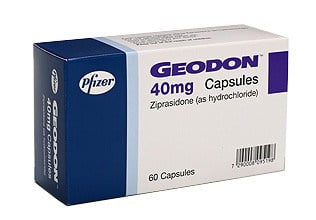
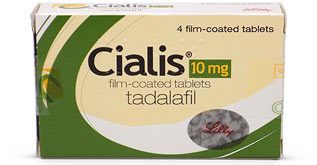
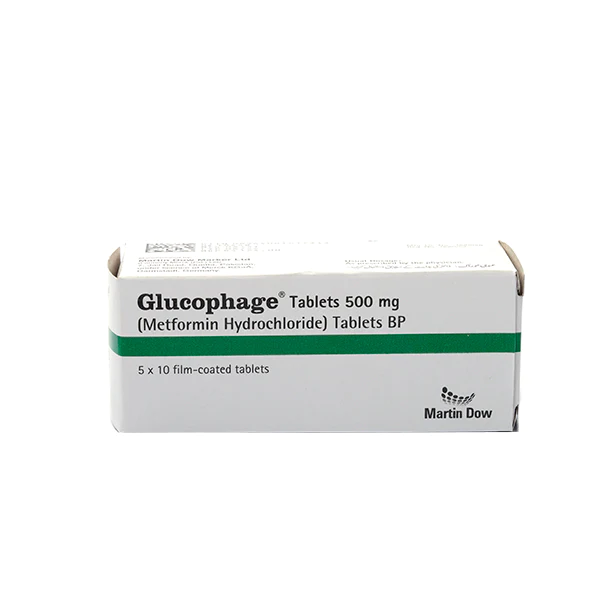


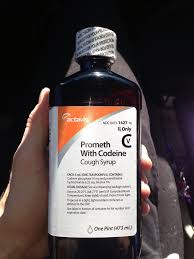
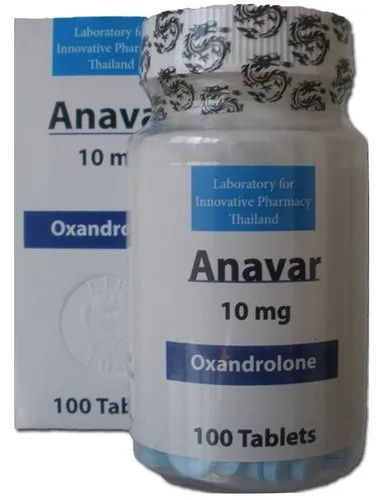


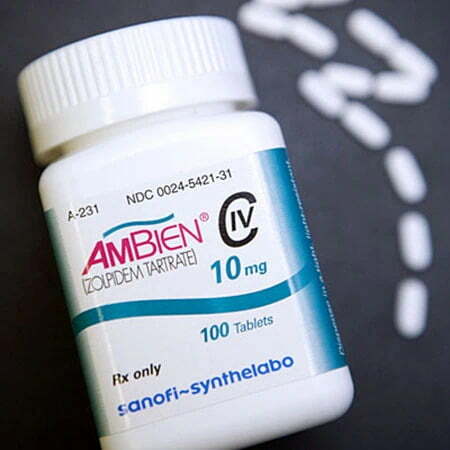



Reviews
There are no reviews yet.